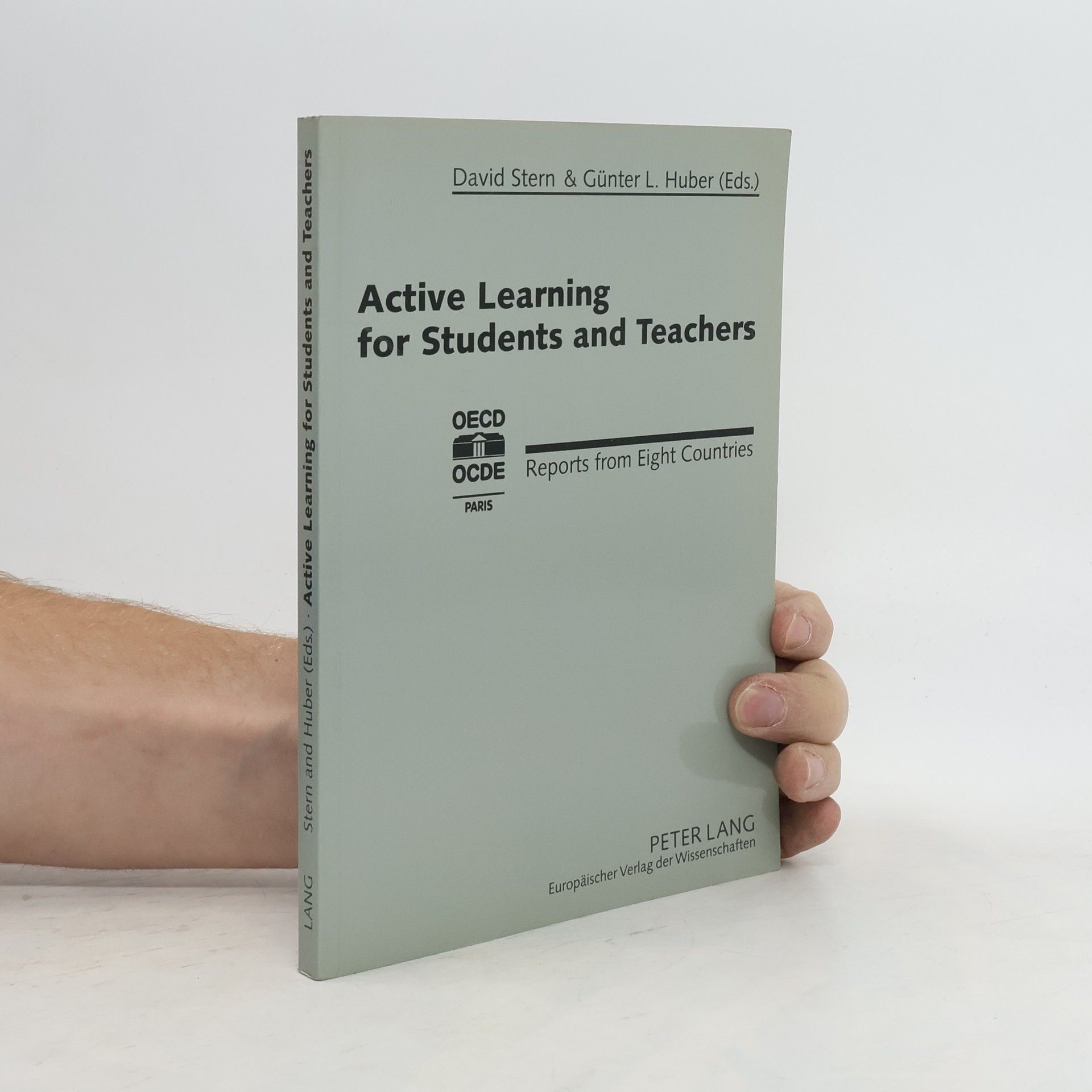The success of foreign language teaching at meeting the challenges of the present and the future depends on its ability to establish itself as a scientific discipline in its own right. There are profound consequences of this conviction in research strategies as well as in modelling its research subject matter. The author starts with the question: what is an autonomous empirical discipline? Next she elaborates a set of guidelines to be used in model selection and design. Major models of second language acquisition are reviewed and evaluated from this perspective. In the next part of the book the author uses these criteria to develop a model which would match the empirical and autonomous requirements selected at the beginning of the work.
Maria Dakowska Bücher
